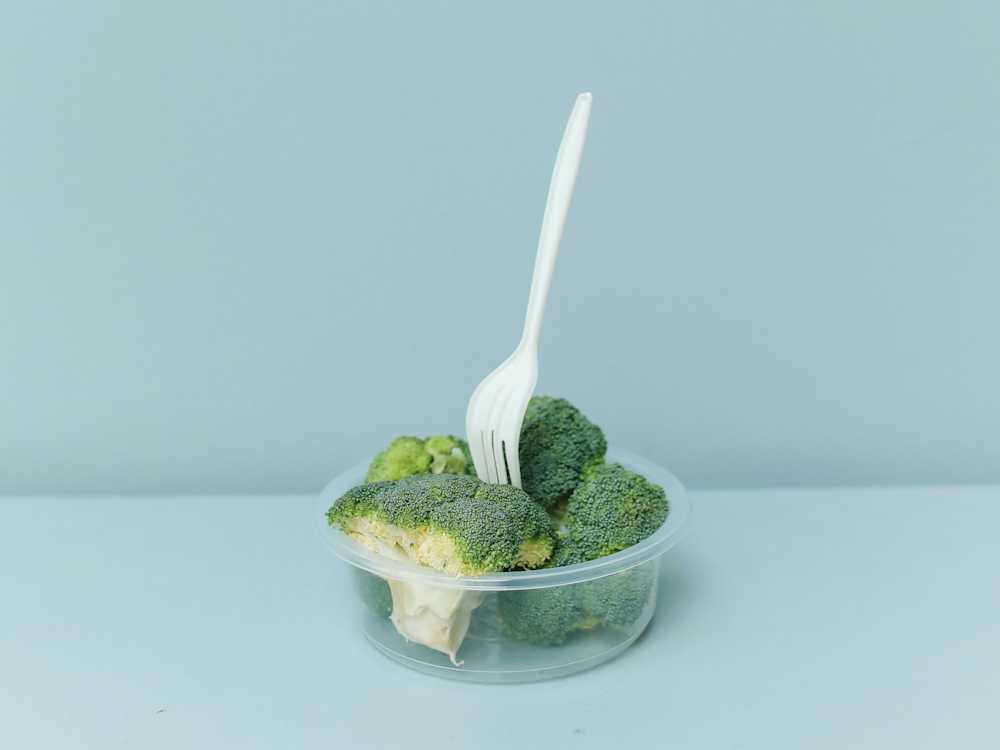All food contact materials (FCMs) sold, imported, or manufactured in the EU must comply with the Framework Regulation (EC) 1935/20041 on materials and articles intended to come into contact with food. Some FCMs, including plastics, regenerated cellulose, and ceramics, are covered by additional EU legislation that sets specific rules for chemical constituents and their migration to food. This article provides an overview of the testing requirements for plastics.
If you want to discuss the testing requirements in more detail or get your materials tested for certification, contact us through the form at the bottom of this page. We'll get back to you within one business day.
What is the EU Plastics Regulation and what are its requirements?
EU Commission Regulation No 10/20112 lays the principles for manufacturing, testing, and assessing the safety of plastic food contact materials. It includes the list of raw materials allowed in the production of plastic FCMs and the test methods that must be used to demonstrate that materials are compliant.
The regulation states that FCMs may not release any constituents into the food in such quantity that could endanger human health or cause an unacceptable change in the composition, taste, or smell of the food. In addition, all FCMs should be manufactured by good manufacturing practices (GMPs), as outlined in Regulation (EC) 2023/20063. Materials should also be labeled appropriately to indicate they are food-safe.
A customized testing plan must be prepared for each material, based on the intended end use of the product and the raw materials used to manufacture it. Testing consists of overall migration tests, specific migration tests, and tests for heavy metals and primary aromatic amines.
Overall migration testing
The overall migration limit (OML) is the sum of all the compounds that might migrate from the material into food. The OML shows how inert the material is towards food, and is most often tested by placing the FCM in contact with a specific solvent that mimics food. The total amount of migrated substances is determined and compared to the limit given in Regulation (EU) No 10/2011. Overall migration testing is performed according to EN 1186 standard.
Specific migration testing
Specific migration limits (SMLs) apply to individual substances or groups of similar substances that are used as raw materials in plastic FCMs. The limitations for each allowed raw material substance are given in Annex I to Regulation (EU) No 10/2011. These limits are based on the toxicological risks that different substances cause.
In total, more than 1,000 FCM substances are listed in Annex I of the Plastics Regulation. Examples of high-risk substances with strict specific migration limits include bisphenol A (FCM No 151), phthalates (group restriction 36), and formaldehyde (group 15).
Specific migration is tested according to EN 13130 by placing the material in contact with a specific food-mimicking solvent, after which the migration of each substance is determined using suitable analytical techniques. The migration of non-intentionally added substances (NIAS), such as contaminants and breakdown products, should also be assessed.
Heavy metals and primary aromatic amines
Raw materials used in plastics, such as colorants and pigments, might contain traces of heavy metals or primary aromatic amines (PAAs). Possible migration of these substances into food must be tested and compliance assessed according to the criteria given in Regulation (EU) No 10/2011.
Do you need tests for food contact materials?
Measurlabs offers all the tests required for drafting the Declaration of Compliance for food contact materials by the EU Plastics Regulation. Testing options are also available for other FCMs, including ceramics, paper, and board. Our experts are happy to help you formulate the testing plan and choose the appropriate testing conditions.
A good way to start is to check out our comprehensive testing packages, which include the most commonly required tests and may be combined with additional analyses based on the composition of your material:
If you have any questions at any point, don't hesitate to contact us through the form below.
Expert consultation for complex FCM testing projects
In addition to the testing, Measurlabs offers consultation services at an hourly rate for complex food contact material testing projects. Choosing the correct tests and testing parameters for traditional plastic materials and other routine samples is included in our testing prices. In the case of novel biobased materials or especially large FCM product development projects, however, formulating a testing plan that ensures compliance with all the relevant EU regulations takes up more time.
In such cases, we may recommend a consultation with one of our experts to agree on the best way to proceed with the testing. When purchasing FCM consultation from us, you will get a dedicated material expert working on your case and providing you with tailored advice and guidance throughout the process. The need for consultation is always agreed upon beforehand.
References:
1 Regulation (EC) No 1935/2004, consolidated version from 27/03/2021
2 Regulation (EU) No 10/2011, consolidated version from 01/08/2023
3 Regulation (EC) No 2023/2006, consolidated version from 17/04/2008

